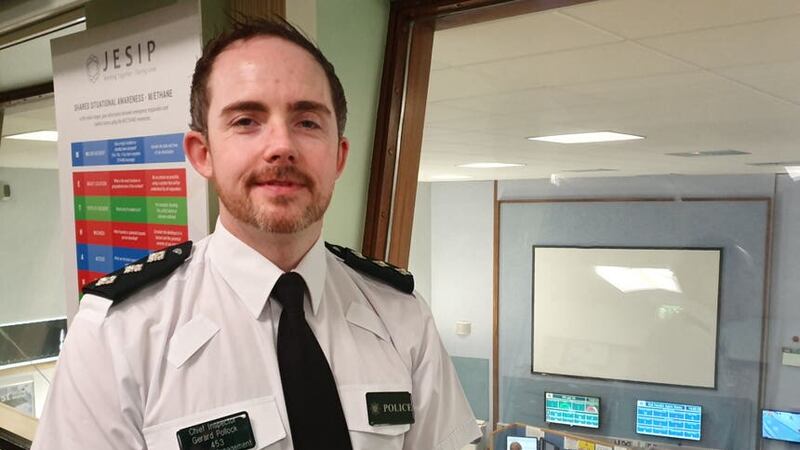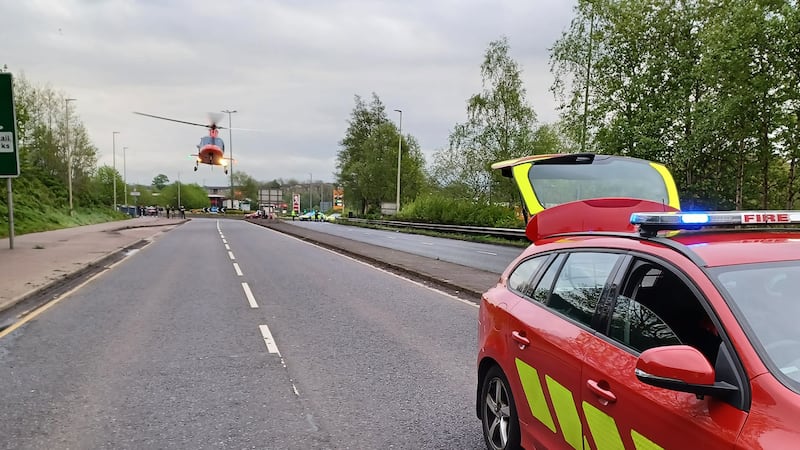Police have launched an awareness campaign following 189 reports of ticket fraud in Northern Ireland last year.
Officers are urging people to be wary of potential scams when booking tickets for gigs and events after £6.7 million was lost to ticket fraud in the UK in 2022.
There were 7,088 reports of ticket fraud across the UK last year, including 189 reports in Northern Ireland.
Chief Superintendent Gerard Pollock, chair of the ScamwiseNI Partnership, urged people – including those purchasing tickets for events this summer – to take steps to protect themselves.
Summer’s here and concerts are taking place across the region. If you’re buying tickets, looking for the best deals for gigs, be aware of scammers trying to steal your money. #ScamAware #ScamwiseNI https://t.co/BgAkbB0hFr pic.twitter.com/kxEFb83M02
— Police Service NI (@PoliceServiceNI) June 8, 2023
“It can be so tempting to get caught up in the hype, and rush to have that must-have ticket for that sold-out gig, but you should never buy tickets from unknown websites or people you do not know,” he said.
“We know how disappointing it is to find out tickets for a show, or an event, are all gone, but so do the criminals and they exploit that to target would-be concert-goers.
“We’re appealing to people to take steps to protect themselves from unscrupulous ticket sellers looking to take advantage of their eagerness to attend an event.”
Mr Pollock said he would particularly appeal to parents buying tickets for children and young adults going to a concert, and those who made a last-minute decision to go to a performance, to be extra cautious.
“Too often we see reports of tickets that don’t appear at all, or are just screenshots of genuine tickets that won’t get you any farther than the ticket barrier,” he said.
Ticket fraud can involve the use of images and graphics from genuine sellers to create fake websites to deceive customers.
Recent examples in Northern Ireland involved the purchase of tickets on social media. Money was sent to sellers, but the tickets were never received. When the buyers contacted the sellers, they were blocked.
Mr Pollock said the safest way to get genuine tickets was to purchase them from the authorised ticket seller or authorised reseller.
“We’d also advise against buying tickets from other sources, such as third parties, because you can never be sure of the validity and authenticity of the tickets,” he said.
“Ticket fraud is a continuing problem and fraudsters will try everything to lure people into falling for their scams. It is vital people take care when buying tickets.
“Do as much research as possible and, before parting with any money, follow the safe-ticket advice. Remember, if it seems too good to be true, it probably is.”
If you lose money in a ticket fraud, report it to your bank and to Action Fraud on www.actionfraud.police.uk or call police on 101. You can also find out more on at www.psni.police.uk/ticket-fraud.








